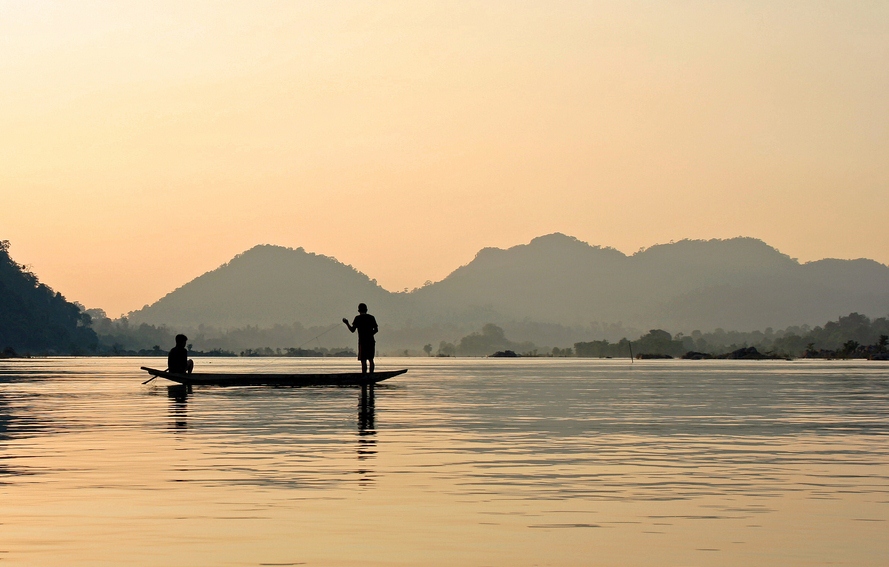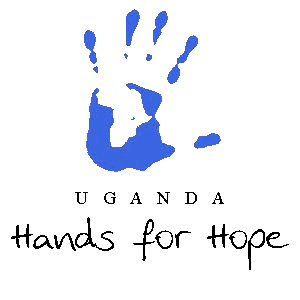Hands for Hope is a Ugandan NGO working to safeguard and provide for vulnerable children and their families. Their aim is to alleviate poverty and facilitate lasting change in the lives of the most vulnerable living in urban slums in Uganda.
Founded in 2008, they are based on the edge of Kampala’s second largest slum, Namuwongo, where 90% of the population live below the poverty line and over 50% of the population are children. The organisation provide support through education, health and livelihoods initiatives, with a focus on helping children with disabilities. They run a number of different programmes:
Education:
- Identifies 25-30 of the most vulnerable children (aged 3-5) each year and places them in their nursery school.
- Each child receives a free education, a uniform, two essential meals a day, a mosquito net, blanket and basic medical care paid for, as well as a safe place to spend their days away from the dangers of the slum.
Health:
- They have partnered with a medical clinic to provide high quality and affordable health care to sponsored children
- Run health outreach events for the community (sanitation, malaria, family planning, sexual health)
- Annual health awareness event: includes health checks, cervical cancer screening, deworming, talks on family planning, child protection and kidney health. Community members also receive free HIV and TB testing and general health checks.
Livelihoods:
- Solar Lights Programme – they have launched a Solar Power Entrepreneur Programme. This aims to not only provide the social benefits of solar power lights to the community, but to also create small businesses and additional income for Female Solar Entrepreneurs.
- Small Loans Programme – Promotes economic development for women and households in the community. They provide support, advice and encouragement, to women to allow them to either start up a small business or improve an existing one.
Children with disabilities:
- The children supported by this programme receive a basic education, including self-help (dressing, feeding etc.) and receiving two meals a day when attending the special needs class.
- Provide health and medical support (including physio and other specialised support) for all 52 children currently registered on the programme
- Support group for parents with disabled children.
For more information please visit their website.



.jpg)